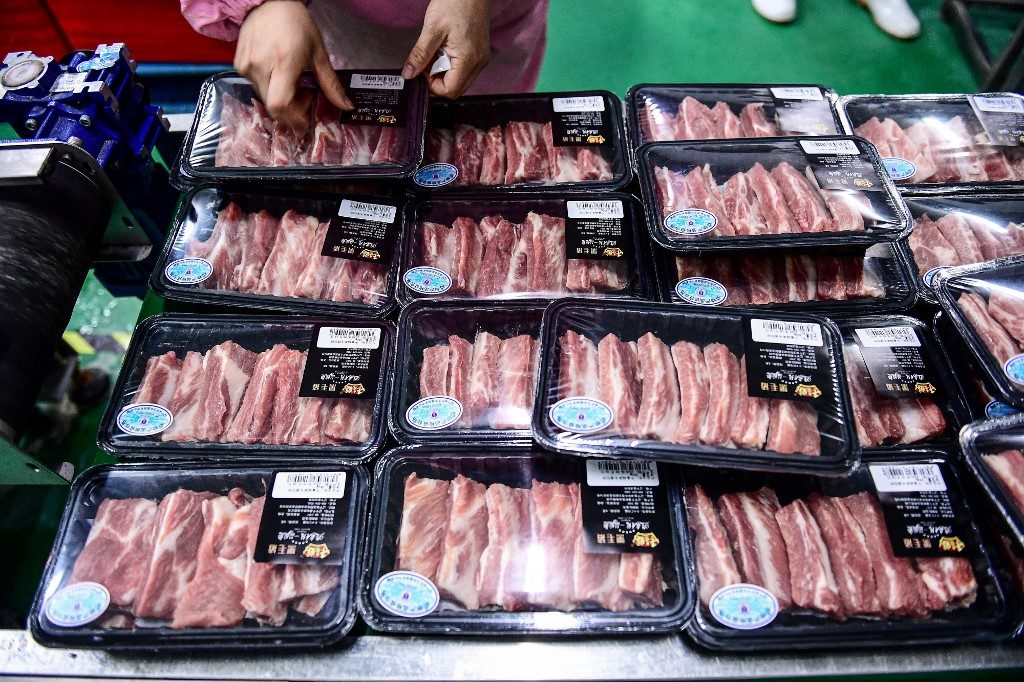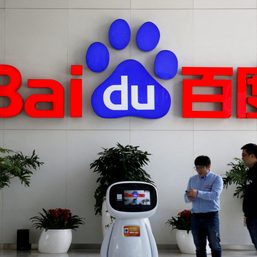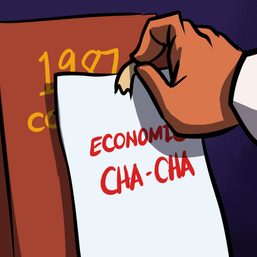SUMMARY
This is AI generated summarization, which may have errors. For context, always refer to the full article.

Falling food prices dragged China’s consumer inflation to an 11-year low last month, spurred by improving supplies of pork, official data showed on Tuesday, November 10.
The cost of pork – a staple meat in the world’s second largest economy – has been edging down after rocketing last year when an African swine fever outbreak ravaged pig stocks.
Authorities have been struggling to recover supplies since.
The country’s consumer price index (CPI), a key gauge of retail inflation, rose 0.5% from a year ago, a slower pace than expected, according to National Bureau of Statistics (NBS) data.
This marked the 3rd straight month of slower growth, and the lowest headline inflation since October 2009.
But Nomura chief China economist Lu Ting told Agence France-Presse: “The falling CPI inflation does not mean China is experiencing disinflation or deflation, as the drop has been mainly driven by pork prices.”
“Excluding pork, China’s CPI inflation actually bottomed out in July at 0.4% and remained at 0.7%,” he added.
Prices of pork fell for the first time after 19 consecutive months of increases, dropping 2.8%, Dong Lijuan, a senior statistician at the NBS, said on Tuesday.
China saw a historic contraction in economic growth in the 1st quarter this year, following harsh measures to curb the coronavirus outbreak, and has since grappled with uncertainty in global demand while trying to spur domestic spending.
Consumer price inflation looks “set to drop back further in the near-term as pork supply continues to recover,” said Julian Evans-Pritchard, senior China economist of Capital Economics.
“But at the same time, demand-side price pressures are likely to strengthen in the coming months given the rebound in consumption and ongoing infrastructure-led stimulus,” he said.
In October, the producer price index (PPI), which measures the cost of goods at the factory gate, fell 2.1% on-year, slightly more than expected.
Factory gate prices have been dragged by the coronavirus fallout.
Dong noted on Tuesday that prices have been hit by the “volatility of international crude oil prices,” which have been hit by static demand for crude as the world locked down to stave off the impact of the virus. – Rappler.com
Add a comment
How does this make you feel?










There are no comments yet. Add your comment to start the conversation.